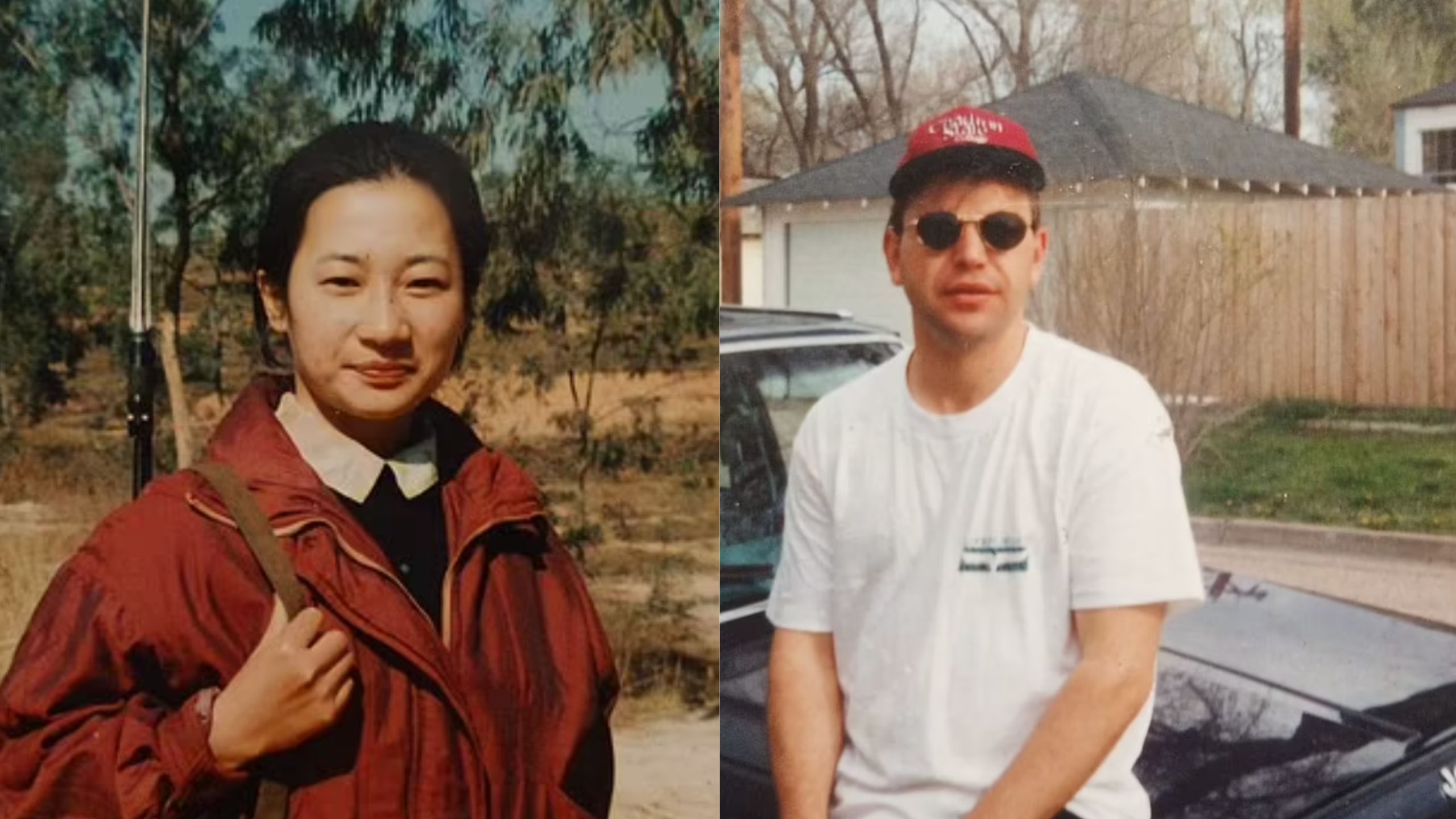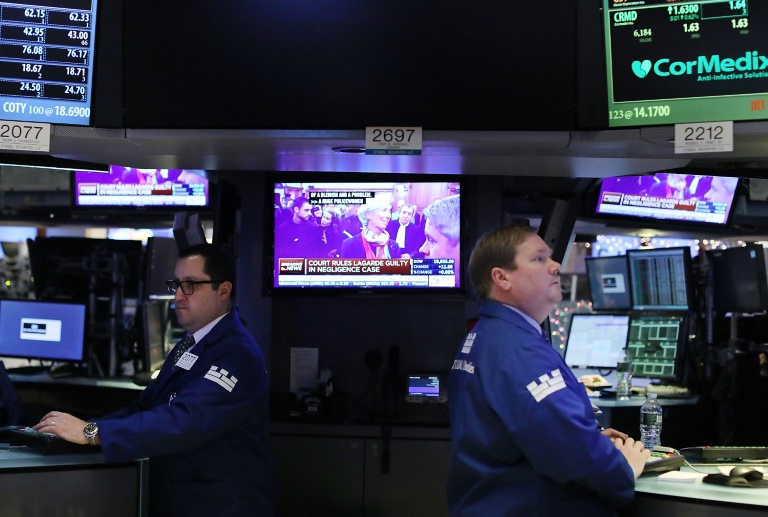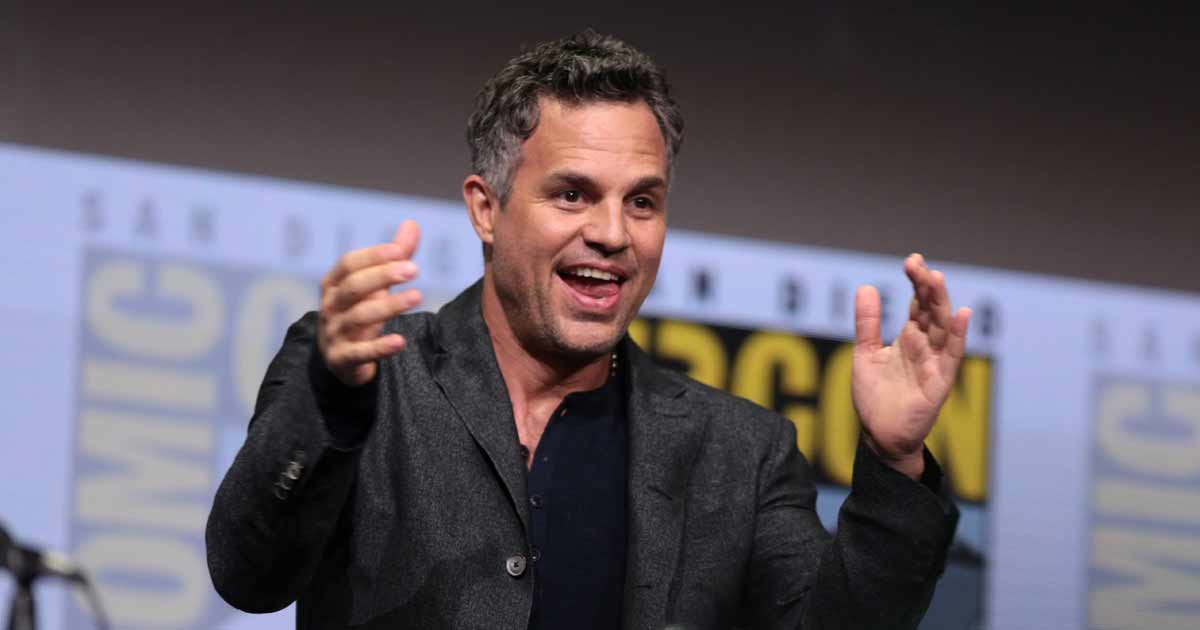In 1989, Tim Walz, now a Democratic vice-presidential candidate, embarked on a clandestine romance with Jenna Wang, the daughter of a prominent Chinese Communist Party (CCP) official, while teaching English in Foshan, Guangdong Province. According to DailyMail.com, their relationship developed in secrecy, as Wang’s father, Bin Hui, would have disapproved of his daughter’s association with a Western man. This narrative brings to light Walz’s early life overseas and highlights the challenges faced by Wang, who ultimately felt betrayed by the future politician.
A Secret Affair in Communist China
Walz’s encounter with Wang unfolded in a time of high political tension, only months after the Tiananmen Square protests. Walz, teaching as part of a nonprofit programme with WorldTeach, met Wang, an English language teacher at the No. 8 Middle School, during one of his lectures. He quickly expressed interest in her, allegedly whispering, “You are very beautiful,” a phrase that Wang later admitted made her feel flattered and taken aback. Despite the restrictive and authoritarian social environment, the two grew close, meeting frequently in private and bonding over tea, Western music, and gifts Walz would bring her from Hong Kong and Macau.
Jenna Wang, now 59, recalled the intensity of their relationship, explaining that the cultural barriers prohibiting public displays of affection only deepened their private bond. “We were deeply in love, and I wanted to marry him and start a family,” she said, per DailyMail.com. However, Walz’s reluctance to commit would eventually lead to heartbreak.
Tensions Surface as Future Dreams Diverge
For Wang, who had envisioned a new life with Walz in the United States, his apparent hesitancy led to disappointment and anger. The couple shared private moments but carefully avoided public affection, fearing retaliation from Wang’s family or authorities. Walz even questioned her intentions, at one point suggesting that Wang was more interested in a U.S. visa than in their relationship. “This was very offensive,” Wang commented, reflecting on the remark that left her feeling “cheap and common.”
During a trip to Hainan Island, Wang confronted Walz about their future, leading to a painful realisation: Walz wasn’t ready to make the commitment she hoped for. The following day, an emotionally distraught Wang considered ending her life rather than returning to her old life in disgrace. However, she ultimately chose to part ways with Walz and return to her family in Guilin, where she helped her mother recover from surgery.
Walz’s Return to the U.S. and Life Beyond the Affair
After their separation, Walz returned to the United States and began leading educational trips to China for students in Nebraska and Minnesota. He later married Gwen Whipple, a fellow teacher, in 1994, leaving Wang behind as he pursued his career in education and eventually politics. While Walz went on to become Governor of Minnesota, Wang moved to Europe, where she built a life as a teacher, translator, and cultural mediator. The pair last exchanged messages on Facebook in 2009, discussing their lives and how they had changed over the years.
Why Wang Chose to Speak Out Now
Wang’s decision to share her story today stems from a sense of betrayal and lingering resentment. She expressed disappointment with Walz’s “selfish” behaviour, particularly his lack of commitment, after raising her hopes for marriage and a shared future. Her experience reflects her belief that Walz’s actions compromised her reputation and risked her career. “Tim lied about Tiananmen Square, and he’s lied about other things,” she stated, emphasising her belief that Walz lacks the “character and integrity” required for the role he now seeks in the Harris-Walz campaign.
Walz’s connection to the Tiananmen Square events has also come under scrutiny. In previous interviews, he claimed that he was in Hong Kong when the protests occurred, a statement he later admitted was a “knuckleheaded” mistake. Records show that Walz only joined WorldTeach after the demonstrations ended, undermining his initial statements’ credibility.







